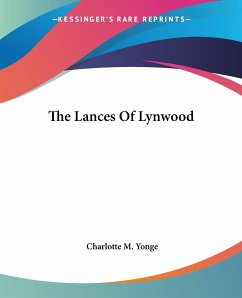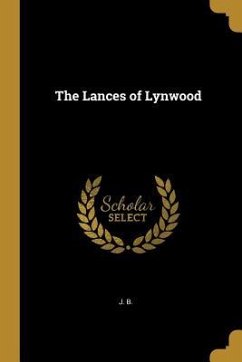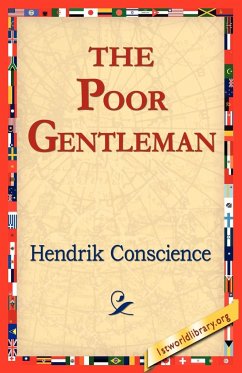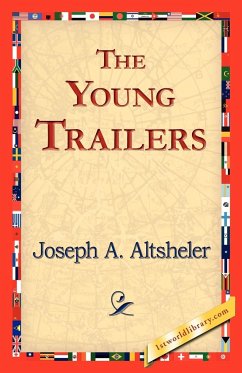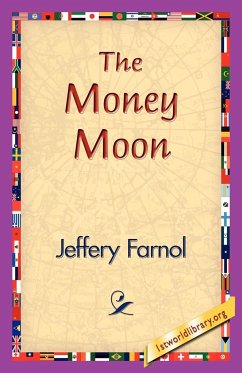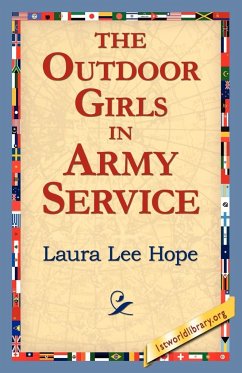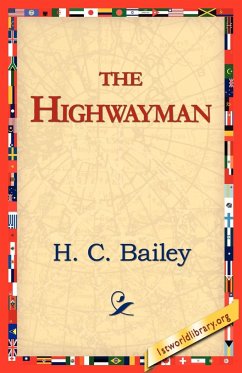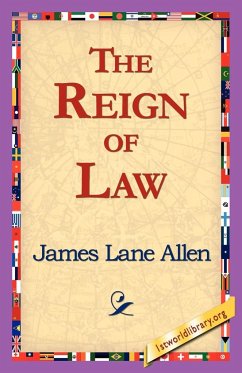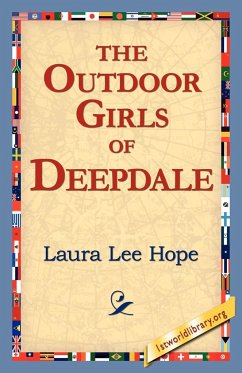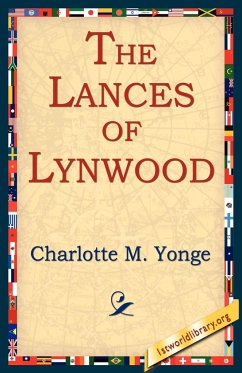
The Lances of Lynwood
Versandkostenfrei!
Versandfertig in 1-2 Wochen
16,99 €
inkl. MwSt.
Weitere Ausgaben:

PAYBACK Punkte
8 °P sammeln!
Purchase one of 1st World Library's Classic Books and help support our free internet library of downloadable eBooks. Visit us online at www.1stWorldLibrary.ORG - - For an explanation of the allusions in the present Tale, scarcely any Notes are necessary, save a reference to the bewitching Chronicle of Froissart; and we cannot but hope that our sketch may serve as an inducement to some young readers to make acquaintance with the delectable old Canon for themselves, undeterred by the size of his tomes. The story of Orthon is almost verbally copied from him, and bears a curious resemblance to var...
Purchase one of 1st World Library's Classic Books and help support our free internet library of downloadable eBooks. Visit us online at www.1stWorldLibrary.ORG - - For an explanation of the allusions in the present Tale, scarcely any Notes are necessary, save a reference to the bewitching Chronicle of Froissart; and we cannot but hope that our sketch may serve as an inducement to some young readers to make acquaintance with the delectable old Canon for themselves, undeterred by the size of his tomes. The story of Orthon is almost verbally copied from him, and bears a curious resemblance to various German legends - such as that of "Heinzelman," to be found in Keightley's "Fairy Mythology," and to "Teague of the Lea," as related in Croker's "Irish Fairy Legends."




